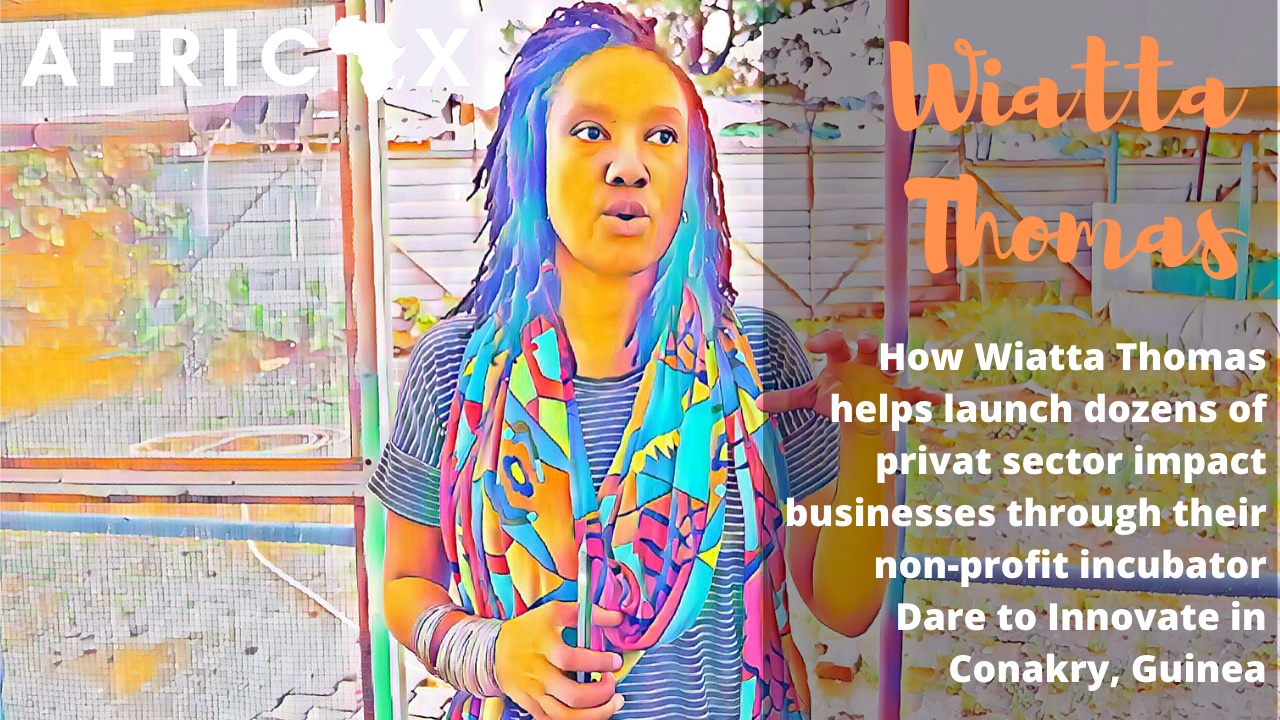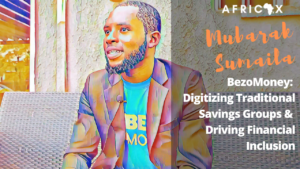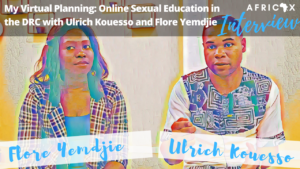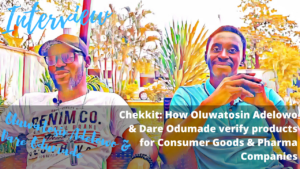Wiatta was born and raised in the United States of America, but has her roots in Liberia and Sierra Leone. During her last year in university, she took three courses (Ecology, Sociology of Economics, and African Economics) that significantly changed the course of her life. It is during this time that she realised that the basis of development in Africa is economic development. In her opinion, economic freedom is the basis of all freedoms. It became a passion of hers and she moved to Guinea to figure out the reality of building businesses and developing economies on the continent.
LISTEN TO THE FULL PODCAST BELOW:
She came back in 2011 with the Peace Corps as a Community Economic Development Volunteer and worked on an entrepreneurship training programme to reduce unemployment in West Africa. Through this programme she realised that the ecosystem was so highly underdeveloped that it was hard for young people to launch a business with only that initial training. Those that do manage to launch their businesses fail after one cycle or survive but struggle to make real revenue. In her experience, this is because they lack the resources to manage the whole value chain from input to market. Thus, Wiatta founded Dare to Innovate in 2013 to provide a solution to the question: how do we develop the ecosystem in a way that supports entrepreneurship?
Dare to Innovate is a non-profit incubator based in Conakry, Guinea, that invests in the entrepreneurial ecosystem to ignite social change. To date, they have invested in 60 businesses countrywide. One of the programmes they run is the agrihub, through which they use the social franchising model to develop agricultural value chains. That is, Dare to Innovate manages the rest of the value chain like aggregating inputs, finding investors, setting up buying contracts, and logistics to market – which allows the entrepreneurs to focus on production. One business that has been born from this programme is AquaFarms Africa.
AquaFarms Africa focuses on aquaponics, which combines fish farming and soilless vegetable growing. The fact that they control the environment in the greenhouse allows them to produce niche products which are usually imported by food buyers in Guinea, such as micro greens, cherry tomatoes, strawberries, arugula and romain lettuce. For every 12 by 12m system, they can produce 5-10 tonnes of produce per month. Wiatta’s idea was to have the smallest unit that could be the most productive, thus reduce the cost enough for a young person to be able to invest. For a young person or group of young people to invest in such a unit, it costs 7-8000 USD. Compared to the cost of investing in 1 ha of land which is 10,000 USD, and without the many benefits that aquaponics offers over traditional agriculture.
To own a unit, those involved in the programme will first go through technical and management training. After that, they will do an internship where they run a full production cycle without owning the system. By the end of the internship they will have a financial statement, experience in money management, and revenue to then be able to invest in their franchise. Now they are ready to launch and two ways to find further investment are through funding from local banks that Dare to Innovate is building partnerships with, and also from AquaFarms in the form of buying the physical resources needed for operation. The entrepreneurs can then pay off the loan until they become full owners of the system. Wiatta is also working on providing investment opportunities for people living in diaspora. She wants to spend the rest of her life on the continent, convincing others to move back, to invest in the continent. She knows people in diaspora who want to invest but don’t know how, where, who to contact, what exists, what systems are in place for this.
That said, Wiatta is very careful with the way she portrays starting a business and working in Guinea because it’s harder than people imagine it to be. She admits that it’s a hard place to live because everything is growing and everything is new. She says that when you commit to work or build a business there, you are committing to developing a country and people in order for your business to work. She has committed to making this her life’s work; laying the ground to make it easier for other people to come after her and work with her.
“Certain people are pioneers, there has to be somebody that comes first and lays the groundwork and not everybody is ready to do that because it’s a painful journey. It’s lonely often and it’s a lot of work.” – Wiatta Thomas
CLICK TO TWEET
To invest in any of the social franchises that Dare to Innovate has developed, you can contact Wiatta directly: wiatta@daretoinnovate.com.
Watch the full interview on YouTube to gain deeper insights on the programmes that Dare to Innovate runs, the unique business model and the philosophy behind it, Wiatta’s take on why projects in Africa by development agencies don’t have sustainable impact, her assessment on what will lead to economic development in Africa, her advise to young people on the continent, and much more.
The Social Links for this interview are:
Aquafarms Africa –
- https://www.aquafarmsafrica.com
- https://www.facebook.com/AquaFarmsAfrica/
- https://www.instagram.com/aquafarmsafrica/
- https://twitter.com/AquaFarmsAfrica
Dare to Innovate –
- http://daretoinnovate.com
- https://www.facebook.com/DaretoInnovate/
- https://www.instagram.com/daretoinnovate/
- https://www.linkedin.com/company/dare-to-innovate/?trk=biz-companies-cym
- https://twitter.com/DaretoInnovate
Wiatta Thomas’ Channels –



